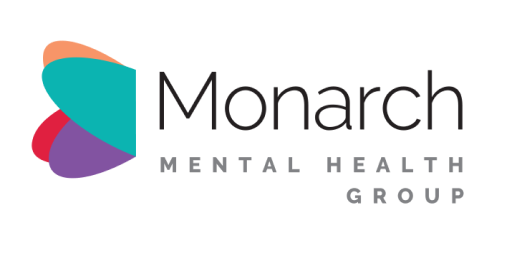Unlock Your Potential: Discover the Power of rTMS
Repetitive transcranial magnetic stimulation (rTMS) is a proven breakthrough in depression treatment with over 25 years of research.
Unlock Your Potential: Discover the Power of rTMS
Repetitive transcranial magnetic stimulation (rTMS) is a proven breakthrough in depression treatment with over 25 years of research.
Cutting-Edge Therapy Solutions
With over 25 years of research, rTMS has demonstrated significant success in treating depression, especially for those with treatment-resistant forms.
Broad Treatment Spectrum
Beyond depression, rTMS effectively addresses various mental health conditions, including anxiety, OCD, PTSD, ADHD, chronic pain, and tinnitus.
Non-Invasive and Drug-Free
rTMS offers a non-invasive alternative to medication, ideal for patients who prefer to avoid the side effects and interactions associated with drugs.
Minimal Side Effects
rTMS is well-tolerated with minimal side effects, mainly limited to mild scalp discomfort and transient headaches.
Supported by Extensive Research
The effectiveness of rTMS is backed by extensive research, including large-scale, multi-site clinical trials and meta-analyses.
Transform mental health challenges with our personalised rTMS therapy for tangible relief and improved well-being.
Transform mental health challenges with our personalized rTMS therapy for tangible relief and improved well-being.
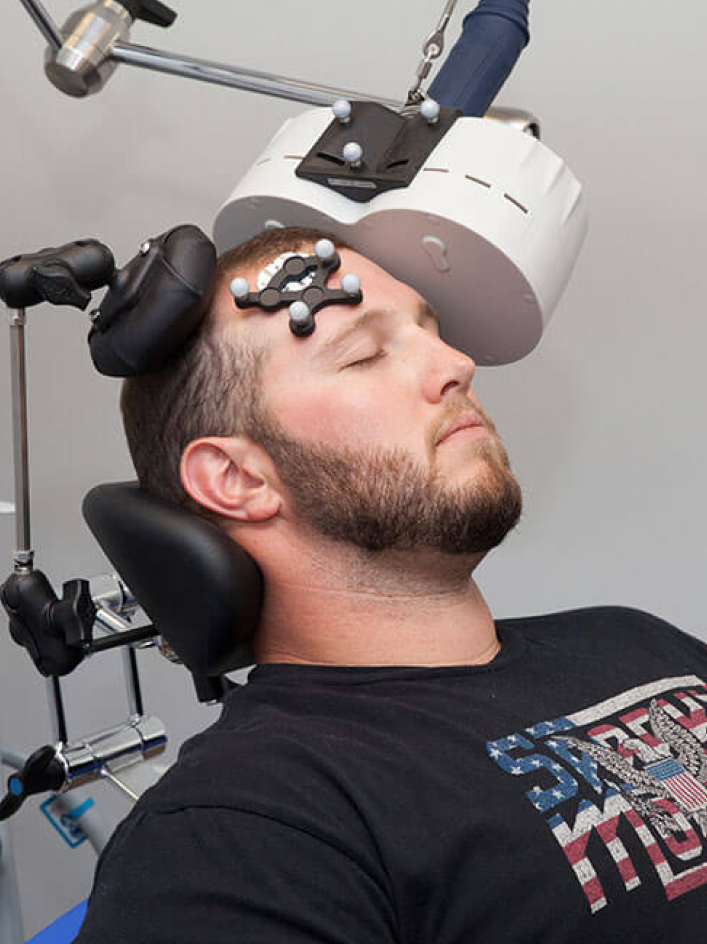
What does rTMS treat?
- Depression: Our rTMS protocols target depression, offering a non-invasive and effective approach to alleviating symptoms and improving mood regulation.
- Anxiety: Experience relief from anxiety symptoms through our specialised rTMS protocols, designed to reduce stress and promote relaxation.
- PTSD (Post-Traumatic Stress Disorder): Find support and relief from PTSD symptoms with our rTMS treatments, aimed at addressing trauma-related challenges and enhancing emotional resilience.
- OCD (Obsessive-Compulsive Disorder): Our rTMS protocols cater to OCD management, providing targeted interventions to help reduce obsessive thoughts and compulsive behaviors.
- ADHD (Attention-Deficit/Hyperactivity Disorder): Discover focused rTMS therapies for ADHD, offering enhancements in attention, concentration, and behavioral control.
- Chronic Pain: Manage chronic pain conditions effectively with our specialised rTMS treatments, aiming to reduce pain perception and improve overall quality of life.
- Tinnitus: Experience relief from tinnitus symptoms through our rTMS protocols, targeting auditory processing areas to reduce ringing or buzzing sensations in the ears.
Why Choose Us
Discover our comprehensive rTMS expertise, catering to diverse conditions for improved well-being.
Expertise in Innovative rTMS Technology
Benefit from our in-depth knowledge and experience in utilizing cutting-edge rTMS technology for effective mental health treatments.
Expertise in Innovative rTMS Technology
Benefit from our in-depth knowledge and experience in utilizing cutting-edge rTMS technology for effective mental health treatments.
Compassionate and Supportive Care Team
Experience compassionate care and support from our dedicated team of professionals, who are committed to your comfort and success throughout your therapeutic journey.
Proven Track Record of Success Stories
Discover real success stories and testimonials from individuals who have experienced transformative outcomes through our rTMS therapy services.
Initial Consultation
Personalised Treatment Plan
Treatment Sessions
Monitoring and Adjustment
Progress Evaluation
Ongoing Support and Maintenance
Leading the charge against depression,anxiety, PTSD, OCD, ADHD, chronic pain & tinnitus.
Leading the charge against depression,anxiety, PTSD, OCD, ADHD, chronic pain & tinnitus.
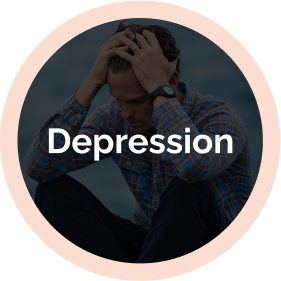
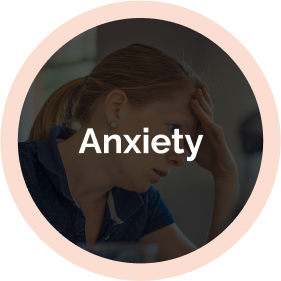
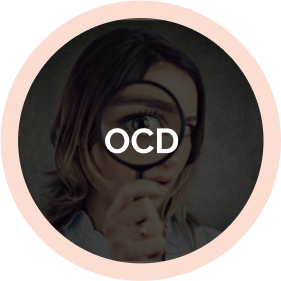
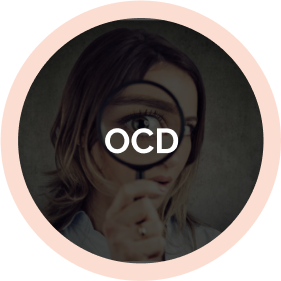
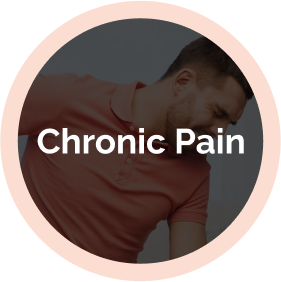
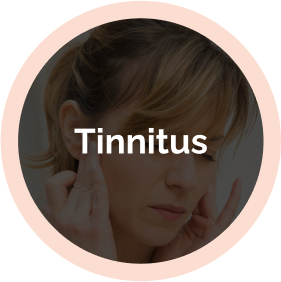

Researcher
Professor Paul Fitzgerald
Cofounder & Director of Monarch Research
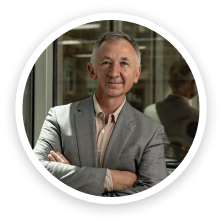
Psychiatrist
Dr Michael Lau
Cofounder & Psychiatrist

Psychiatrist
Dr Michael Lau
National Medical Director & Consultant Psychiatrist
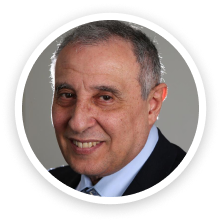
Psychiatrist
Dr Samir Ibrahim
Consultant Psychiatrist
Am I a good candidate for Repetitive transcranial magnetic stimulation (rTMS)
Am I a good candidate for Repetitive transcranial magnetic stimulation (rTMS)
An ideal candidate for Repetitive Transcranial Magnetic Stimulation (rTMS) treatment usually possesses these traits:
- Treatment-resistant symptoms: Previous treatments have shown limited effectiveness in managing their symptoms.
- Medication tolerance concerns: They may experience difficulties or side effects with traditional medications.
- Good overall health and safety profile: They are in good physical health and do not have contraindications for rTMS therapy.
- Commitment to treatment regimen: They are dedicated to attending multiple treatment sessions as recommended by healthcare providers.
- ADHD (Attention-Deficit/Hyperactivity Disorder): Discover focused rTMS therapies for ADHD, offering enhancements in attention, concentration, and behavioral control.
Am I a good candidate for Repetitive transcranial magnetic stimulation (rTMS)
Am I a good candidate for Repetitive transcranial magnetic stimulation (rTMS)
An ideal candidate for Repetitive Transcranial Magnetic Stimulation (rTMS) treatment usually possesses these traits:
- Treatment-resistant symptoms: Previous treatments have shown limited effectiveness in managing their symptoms.
- Medication tolerance concerns: They may experience difficulties or side effects with traditional medications.
- Good overall health and safety profile: They are in good physical health and do not have contraindications for rTMS therapy.
- Commitment to treatment regimen: They are dedicated to attending multiple treatment sessions as recommended by healthcare providers.
- ADHD (Attention-Deficit/Hyperactivity Disorder): Discover focused rTMS therapies for ADHD, offering enhancements in attention, concentration, and behavioral control.
Frequently Asked Questions
With over 25 years of research, rTMS, or Repetitive Transcranial Magnetic Stimulation is a novel and effective treatment for depression. TMS has been used to treat tens of thousands of people with depression worldwide. It has also been used to treat conditions such as anxiety, obsessive-compulsive disorder, and post-traumatic stress disorder.
Although in Australia, it only relatively recently became a routine part of clinical practice, there has been substantial research evaluating the antidepressant efficacy of the use of transcranial magnetic stimulation in the treatment of depression. This has been established through a “relatively traditional pathway” beginning with small case series, to single-site clinical trials then to larger multisite randomised double-blind controlled trials. Antidepressant effects have been confirmed in meta-analyses and umbrella reviews. As of 2022, rTMS has been shown to have produced meaningful response and remission rates outside of clinical studies for over 5000 patients.
rTMS uses a pulsing electromagnetic coil positioned on the patient’s head to generate a magnetic field to stimulate the nerve cells of the brain.
While there could be multiple reasons why people may have depression, a possible reason for depression may be due to under-active regions of the brain controlling emotions. Stimulating the prefrontal cortex with TMS activates the positive mood circuits in the limbic system which is the emotional centre of the brain.
TMS targets your prefrontal cortex and stimulates the limbic system, the emotional centre of the brain.
rTMS is a proven, non-invasive treatment for various conditions, especially effective for depression, outperforming antidepressants for those with treatment-resistant depression. Research, including a 2017 study of 81 trials with 4233 patients, shows rTMS is more effective than sham stimulation. The Sackeim 2020 study, involving 5010 patients, reported response and remission rates of 58% and 28% (intention-to-treat) and 83% and 62% (for those completing at least 20 sessions).
Most trials focus on patients with significant treatment-resistant depression, showing a response rate of over 45% in those who failed more than 5.5 medication trials.
In comparison to antidepressants and Electroconvulsive Therapy, rTMS has minimal side effects. In rTMS studies, there was no difference in the dropout rates between active and sham groups suggesting a high degree of acceptability and tolerability of treatment.
Side effects may include scalp discomfort for 5% of patients undergoing treatment and tiredness or headaches for 20% of patients but these effects are often transient and disappear after a couple of sessions. There are no metabolic consequences of antipsychotics or the risk of renal impairment as there would be with lithium therapy. Less than 2 out of 100000 treatment sessions may be at risk of seizure induction.
The discontinuation rates of patients having rTMS in clinical trials are numerically lower than those seen in sham-treated patients and dramatically lower than typical antidepressant medication discontinuation.
We have protocols for several mental health conditions including depression, anxiety, PTSD, OCD, ADHD, chronic pain and tinnitus.
TMS is a great option for those who have a preference for a non-drug treatment due to poor medication response or have problems with medication interactions or systemic medication side effects.
Public funding like Medicare stipulates that patients must have trialled 2 or more classes of antidepressants before qualifying to be MBS subsidised. Therefore those who tried and failed 2 or more antidepressants or those considering ECT for their severe depression should consider rTMS as a viable option.
rTMS is not the same as electroconvulsive therapy (ECT). TMS uses magnetic pulses on specific areas of the brain and does not require an anaesthetic. You can go about your normal activities, including driving, immediately after treatment.
Electriconvulsive therapy (ECT) uses electric current to induce a seizure in a sedated patient’s brain. While ECT may be a more effective treatment for depression, ECT does come with several possible risks and side effects such as loss of memory, heart rhythm disturbances, low blood pressure, headaches and nausea.
Sessions typically take 30 minutes, meaning you can schedule sessions to fit in with your day.
The typical treatment schedule for a patient is 3 – 5 sessions per week for 35 sessions (7-12 weeks).
Our co-founder Professor Paul Fitzgerald has spent decades studying TMS and its applications. We are proud that all our protocols at Monarch Mental Health Group are underpinned by the research done by our Monarch Research Institute.
The information on this page and research of effectiveness of rTMS for depression is outlined in Professor Paul Fitzgerald’s research article.


Copyright © 2024 Monarch Mental Health Group ABN 92 612 444 845
